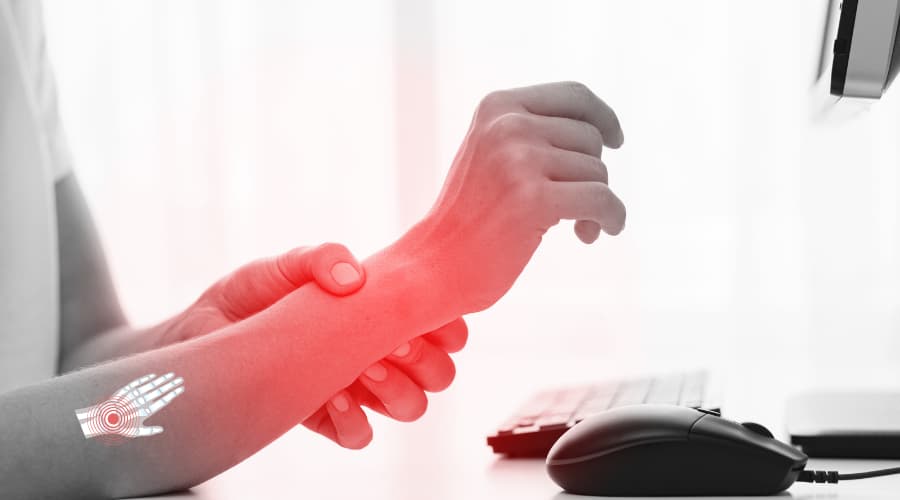Our modern ways of living mean that our every lifestyle puts us in an almost constant state of excitement, whether we have something to be genuinely thrilled about or not! This can cause emotional problems including irritability, anger, and depression along with physical symptoms like headaches and stomach aches. Luckily, simply learning to breathe using certain techniques can help you to alleviate these issues.
Many people that I see are suffering from stress in some way or another, whether this is muscular tension or poor sleep, both of which can impact heavily on day to day life.
Practicing focused breathing exercises can help you relax and relieve the tension you’ve built up during the day and, done before you go to sleep, can help you slip off more quickly into a better quality sleep.
First, it is important to find a comfortable position for these breathing exercises. The most popular position for this is lying comfortably on your back, with a small pillow or book propping up your head, without straining your neck. If lying or sitting in an alternative position is more comfortable, this is fine too.
The next step is to breathe using proper techniques. Ordinarily, throughout the day, you may tend to take small and shallow breaths. In contrast, breathing exercises involve taking deeper, fuller, longer breaths.
A deep, relaxing breath should start in your stomach. If lying on your back, it can be helpful to place your hands on your stomach to feel it rise and fall with your breath. With deep breathing, your stomach, chest and collar bones may rise and expand, but your shoulders should remain still, without rising towards your ears.
While doing this, it is important to focus on your breath. The point of breathing techniques such as this are to alleviate stress. The point is not to give your mind the opportunity to dwell on stressful thoughts. Sometimes it can help to count each breath in and out, counting up to ten before beginning again. Alternatively, you might like to count each breath itself to ensure that you are breathing deeply. It is normal to count around 5-6 seconds in, hold for a few seconds, and exhale steadily. This is a great technique to practise in the evening and before bed.
During stressful incidents, you may tend to breathe shallow and quickly. This is effectively what happens in the fight or flight response and in times of stress can lead to hyperventilating. Therefore, when experiencing a stressful situation, at work, in traffic or with another person, it can help you dramatically to take a few deep breaths from your stomach to help calm down.
Many people spend most of the day sedentary, sat at desks, and breathing shallow breaths. Taking just a few minutes a day to focus on breathing will help both body and mind.
Do you suffer with stress? We hope these tips help you!
If you found this article useful, please remember to share it with others who may benefit.
Related Articles
- The Art of Mindfulness – How and Why?
- Fatigue – A Modern Epidemic?
- Health Benefits of Physical Activity Across Age Groups
- Chiropractic Treatment and Nutrition
- Diet and Nutrition For Arthritis




